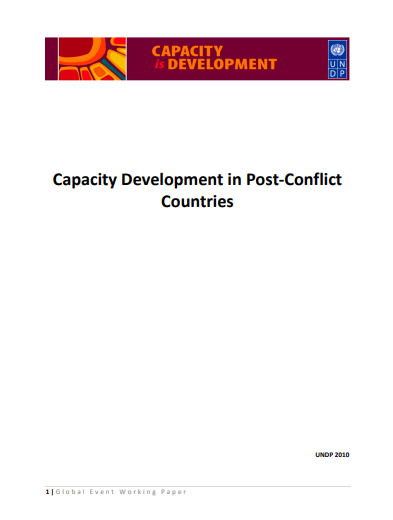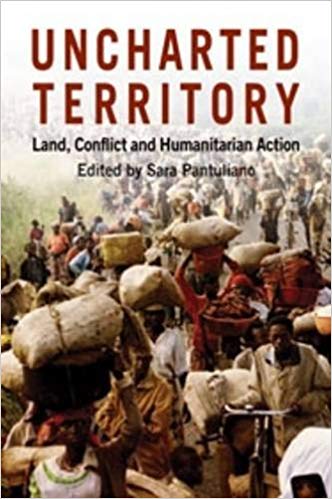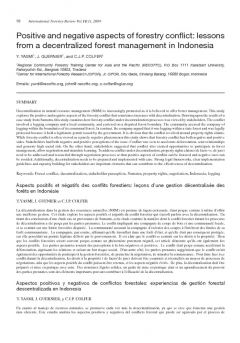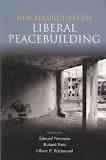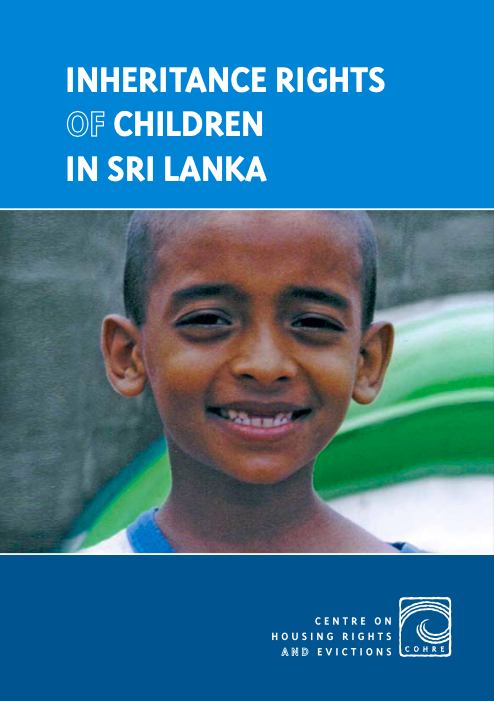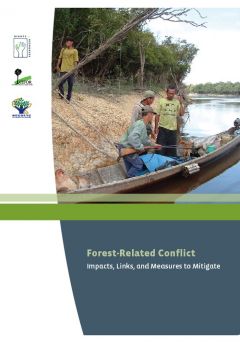Capacity Development in Post‐Conflict Countries
The recent Secretary General’s “Report on Peacebuilding in the Immediate Aftermath of Conflict” warns of the threats posed by the failure to restore state authority to lead the peacebuilding process in early post‐conflict situations. This report advocates for coherent and well coordinated early action to support post‐conflict governments to build core state capacities that will help to restore legitimacy and effectiveness. This paper lays out a framework for reconsidering the unique challenges post‐conflict contexts pose to processes of state capacity development.

